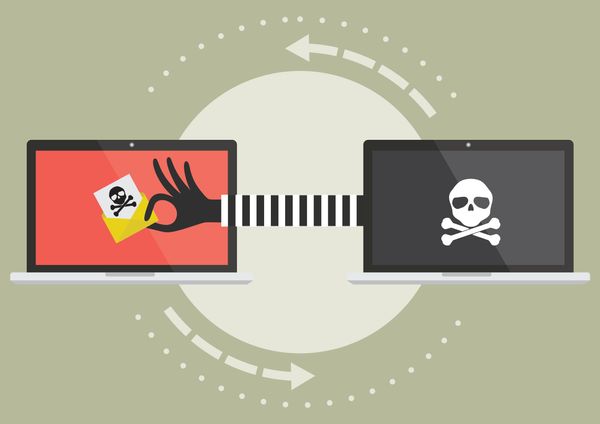Apple issues advice on how to spot App Store and iTunes phishing scams

Phishing scam emails, purporting to come from Apple, are not an unusual sighting in users’ inboxes these days.
Typical examples include emails that ask you to update your account information, or pretend to be a receipt for a purchase from the App Store, iTunes Store, iBooks Store or Apple Music.
They may not be the most sophisticated attacks in the world, but there’s no denying that they work – tricking some unsuspecting Apple customers into sharing their personal information or financial details in the belief that it is with the technology giant that they are communicating.

Apple has responded to a spate of legitimate-looking App Store and iTunes phishing emails (such as a recent campaign which posed as information from the App Store about the recipient signing up for a subscription) by releasing a new support document, outlining how customers can better protect themselves.
The advice is that any legitimate email from Apple about your App Store, iTunes Store, iBooks Store, or Apple Music purchases, will never ask you to provide your:
- Full credit card number
- Social security number
- Mother’s maiden name
- Credit card CCV code
Furthermore, the company says, genuine receipts for purchases from Apple’s online stores will include your current billing address which scammers are unlikely to know.
If you want to be certain that about what may have been purchased through your Apple account, you can review your genuine purchase history rather than using any links in the email.
If you receive a suspicious email message claiming to come from Apple you are encouraged to forward it to [email protected].
And, if you believe you may have entered your password or other personal information on an Apple-related scam website then it would be wise to change your Apple ID password immediately. Obviously you should take care that the password you choose is unique (not used by you anywhere else on the internet), hard-to-guess, and hard-to-crack. A good password manager can help you generate strong passwords when required, and remember your passwords for you.
I also strongly recommend that all Apple ID account holders enable two-step verification to reduce the chances of their accounts being compromised.
It’s good to see Apple provide its millions of customers with advice on how to reduce the chances of falling for an email scam. Apple may be a company renowned for its technology, but it clearly recognizes that phishing exploits human weakness – and that raising awareness of the threat and sharing knowledge will be key to fending off attacks.
tags
Author
Graham Cluley is an award-winning security blogger, researcher and public speaker. He has been working in the computer security industry since the early 1990s.
View all postsRight now Top posts
Start Cyber Resilience and Don’t Be an April Fool This Spring and Beyond
April 01, 2024
Spam trends of the week: Cybercrooks phish for QuickBooks, American Express and banking accounts
November 28, 2023
FOLLOW US ON SOCIAL MEDIA
You might also like
Bookmarks








